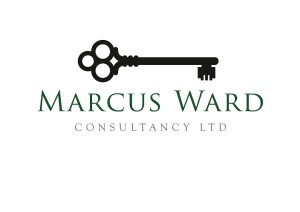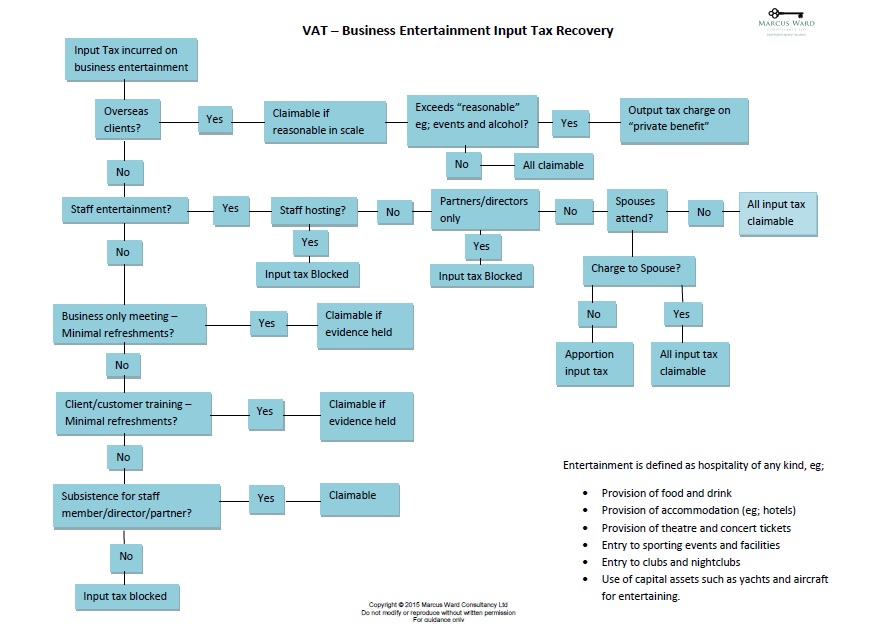VAT and duty on and imports and acquisitions
If you are bringing goods into the UK it is important to recognise important VAT and duty rules and procedures. You must ensure that you pay the right amount of VAT and import duties via the correct mechanism.
Goods brought into the UK from other EC countries are called acquisitions rather than imports, and this is an important distinction as we shall see below.
The details and practicalities can be complex and you may want to seek advice or use an agent or freight forwarder to handle your responsibilities, particularly if you are new to international trade or only need to bring goods here occasionally.
Acquisition of goods from EC Member States
EC Member States
The 28 EC countries are: Austria, Belgium, Bulgaria, Croatia, Republic of Cyprus, Czech Republic, Denmark, Estonia, Finland, France, Germany, Greece, Hungary, Ireland, Italy, Latvia, Lithuania, Luxembourg, Malta, Netherlands, Poland, Portugal, Romania, Slovakia, Slovenia, Spain, Sweden and the UK.
Information
If you are UK VAT registered you need to give your supplier your VAT number. This allows the supplier to treat the sale to you as VAT free. You will need a VAT invoice as with any other purchase. If not UK VAT registered you will pay VAT applicable in the Member State of the supplier.
Accounting for VAT
You must account for VAT on acquisitions (“acquisition tax”) on your VAT return. VAT is charged at the normal UK rate of VAT for those goods. You reclaim this acquisition tax in the same way as you reclaim input tax on purchases of supplies within the UK. So for most businesses the effect is VAT neutral. In this way there is no difference between buying the goods in the UK or another EC Member State so it rules out cross-border “VAT rate shopping”. There are no Customs Duties to pay on acquisitions
Reporting
All VAT-registered businesses must show the total value of goods acquired from other EU Member States in box 9 of their VAT Return.
In addition, those who trade in the EC above the Intrastat exemption threshold in force during the year must also complete a monthly Supplementary Declaration (SD). The threshold is £1.5 million.
Importing goods from outside the EC
Your responsibilities for imports
You are normally responsible for clearing the goods through UK customs and paying any taxes and duties. Your supplier needs to provide the documentation you need to clear the goods through Customs. If you are importing you may have to pay import duty.
You will need to decide whether to use an agent to handle your responsibilities. Freight forwarders can handle Customs clearance as well as transport. You can find reputable freight forwarders through the British International Freight Association: here
You need to check what import duty applies.
Import duty is based on the type of goods you are importing, the country they originate from and their value. HMRC’s Integrated Tariff sets out the classification of goods and the rates of duty in detail: here
Confirm what paperwork you require from the supplier for Customs clearance
This normally includes an invoice and a copy of the transport documents. You may need proof of the origin of the goods to claim reduced import duty for goods from certain countries. A valuation document is also normally required for imports above a set value.
Complete an import declaration.
You normally declare imports using the Single Administrative Document (SAD). If you are registered for VAT in the UK you will need an EORI (Economic Operator Registration & Identification) to enable your inbound commercial shipments to be cleared through the automated CHIEF (Customs Handling of Import and Export Freight). This is made up of your VAT number, plus a further three digits.
Release of goods
You will need to pay VAT and duty to get the goods released.You pay VAT at the normal UK rate for those goods when sold in the UK.
Deferment
Regular importers are able to defer payment of VAT and duty by opening a deferment account with HMRC. You need to provide security and must agree to pay by direct debit. It is also possible to use your agent or freight forwarder’s deferment account.
Accounting for VAT
If you import works of art, antiques and collectors’ items they are entitled to a reduced rate of VAT.
HMRC will send you a monthly C79 certificate showing the import VAT you have paid. You must retain this. Certificates cover accounting transactions made in each calendar month should be received around the 24th of each month following imports logged the previous month.
You can reclaim VAT paid on imports on a C79 in the same way as you reclaim input tax on purchases of supplies within in the UK. It is not possible to reclaim VAT on any other document, eg; an invoice. Shipping or forwarding agents can’t reclaim this input tax because the goods weren’t imported to be used in part of their business.
You cannot reclaim import duty.
Be aware of special cases
Check whether any goods you are buying are subject to Excise Duty.
Excise duty is charged on fuel, alcohol and tobacco products.
Excise duty is charged on acquisitions from within the EU as well as imports from countries outside the EC.
If goods are subject to excise duty, you pay this at the same time as you pay VAT and import duty.
VAT is charged on the value of the goods plus excise duty.
Warehousing
You may want to consider using a Customs warehouse if you expect to store imports for a long time. If you store goods in a Customs warehouse, you will not need to pay import duty and VAT until you remove the goods from the warehouse.
Storage ‘in bond’ like this is often used for products subject to excise duty, such as wine and cigarettes, although it is not limited to these goods.
Re-exported goods
You will also find it beneficial to find out about tax relief if you are planning to re-export goods you import. There are special Inward Processing Relief (IPR) rules so that you do not have to pay import duty and VAT. This relief can apply to imports that you process before re-exporting them.
Valuation of imported goods for VAT and Duties
There are six methods of valuing imported goods, however, in the vast majority of cases (over 90%) the “Transaction Method” is used and, in fact, you must use this method wherever possible.
Transaction Value
This is the price paid or payable by the buyer to the seller for the goods when sold for export to the EC adjusted in accordance with certain specific rules.
This may also cover situations where goods are imported from a processor. The “transaction value” may be “built up” or “constructed” by reference to the cost of processing plus any items to be added commonly referred to as “assists”.
What items must be added to the price paid or payable?
You must add the following to the price you pay (unless they are already included):
(a) Delivery costs. – The costs of transport, insurance, loading or handling connected with delivering the goods to the EC border must be included.
(b) Commissions. – Certain payments of commission and brokerage, including selling commission, must be included.
But you can exclude buying commission if it is shown separately from the price paid or payable for the goods.
(c) Royalties and licence fees. – You must include these payments when they relate to the imported goods and are paid by you as a condition of the sale to you of those goods.
(d) Goods and services provided free of charge or at reduced cost by the buyer. – If you provide, directly or indirectly, any of the following, you must include in the customs value any part of the cost or value not included in the price charged to you by the seller:
i. materials, components, parts and similar items incorporated in the imported goods including price tags, kimball tags, labels
ii. tools, dies, moulds and similar items used in producing the imported goods, for example, tooling charges. There are various ways of apportioning these charges
iii. materials consumed in producing the imported goods, for example, abrasives, lubricants, catalysts, reagents etc which are used up in the manufacture of the goods but are not incorporated in them,
iv. engineering, development, artwork, design work and plans and sketches carried out outside the EC and necessary for producing the imported goods. The cost of research and preliminary design sketches is not to be included.
(e) Containers and packing. Include:
- the cost of containers which are treated for customs purposes as being one with the goods being valued (that is not freight containers the hire-cost of which forms part of the transport costs), and
- the cost of packing whether for labour or materials
Where containers are for repeated use, for example, reusable bottles, you can spread their cost over the expected number of imports. If a number of the containers may not be re-exported, this must be allowed for.
(f) Proceeds of resale. – If you are to share with the seller (whether directly or indirectly) the profit on resale, use or disposal of the imported goods you must add the seller’s share to the price paid. If at the time of importation the amount of profit is not known, you must request release of the goods against a deposit or guarantee.
(g) Export duty & taxes paid in the country of origin or export. – When these taxes are incurred by the buyer they are dutiable. However, if you benefit from tax relief or repayment of these taxes they may be left out of the customs value.
Summary
If you are new to acquisitions or importing it may be worthwhile talking to an expert. This article only scratches the surface of the subject. There can be significant savings made by accurately classifying goods and applying the correct procedures and rates will avoid assessments and penalties being levied.


